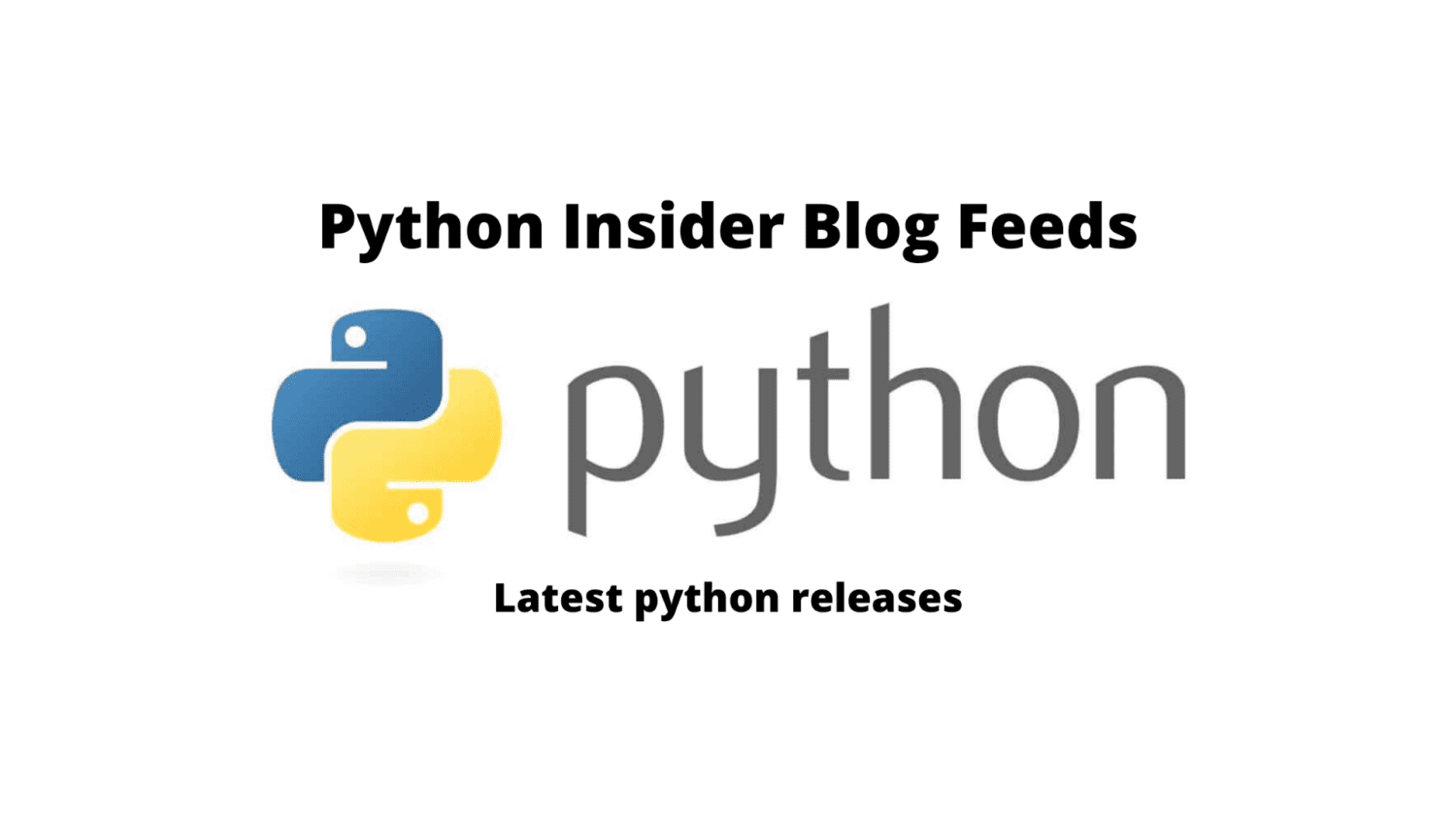
Python 3.12.0 alpha 2 released
I’m pleased to announce the release of Python 3.12 alpha 2.
https://www.python.org/downloads/release/python-3120a2/
Major new features of the 3.12 series, compared to 3.11
- Even more improved error messages. More exceptions potentially caused by typos now make suggestions to the user.
- Support for the Linux perf profiler to report Python function names in traces.
- The deprecated wstr and wstr_length members of the C implementation of unicode objects were removed, per PEP 623.
- In the unittest module, a number of long deprecated methods and classes were removed. (They had been deprecated since Python 3.1 or 3.2).
- The deprecated smtpd and distutils modules have been removed (see PEP 594 and PEP 632). The setuptools package (installed by default in virtualenvs and many other places) continues to provide the distutils module.
- A number of other old, broken and deprecated functions, classes and methods have been removed.
- (Hey, fellow core developer, if a feature you find important is missing from this list, let Thomas know.)
More resources
- Online Documentation
- PEP 693, the 3.12 Release Schedule
- Report bugs at https://github.com/python/cpython/issues.
- Help fund Python and its community.
And now for something completely different
Life, believe, is not a dreamSo dark as sages say;Oft a little morning rainForetells a pleasant day.Sometimes there are clouds of gloom,But these are transient all;If the shower will make the roses bloom,O why lament its fall?Rapidly, merrily,Life’s sunny hours flit by,Gratefully, cheerily,Enjoy them as they fly!What though Death at times steps inAnd calls our Best away?What though sorrow seems to win,O’er hope, a heavy sway?Yet hope again elastic springs,Unconquered, though she fell;Still buoyant are her golden wings,Still strong to bear us well.Manfully, fearlessly,The day of trial bear,For gloriously, victoriously,Can courage quell despair!
Averse to personal publicity, we veiled our own names under those of Currer, Ellis and Acton Bell; the ambiguous choice being dictated by a sort of conscientious scruple at assuming Christian names positively masculine, while we did not like to declare ourselves women, because – without at that time suspecting that our mode of writing and thinking was not what is called “feminine” – we had a vague impression that authoresses are liable to be looked on with prejudice; we had noticed how critics sometimes use for their chastisement the weapon of personality, and for their reward, a flattery, which is not true praise.




